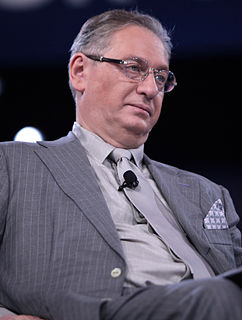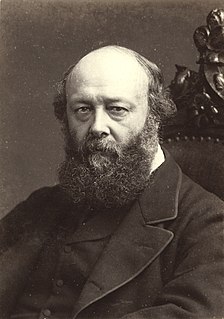A Quote by Stanley Hauerwas
I confess I take perverse delight as a theologian in the controversies surrounding postmodernism.
Quote Topics
Related Quotes
Char Miller's lively, insightful account of the life and world of American forester Gifford Pinchot fills a vitally important gap in environmental and conservation history. Anyone captivated by the issues and controversies surrounding the preservation and development of the nation's natural heritage should read this engaging, carefully researched biography.
The formation of character in young people is educationally a different task from, and a prior task to, the discussion of the great, difficult, ethical controversies of the day. First things first. And planting the ideas of virtue, of good traits in the young, comes first. In the moral life, as in life itself, we take one step at a time. Every field has its complexities and controversies. And so does ethics. And every field has its basics. So too with values.
Winston Churchill was one of the most unpopular politicians in the late '30s and by the mid-'40s he was considered one the greatest statesmen, possibly of all time. I'm not comparing myself. I'm just saying that controversies come and go, but the important thing is sticking to your principles and persevering through those controversies.





































